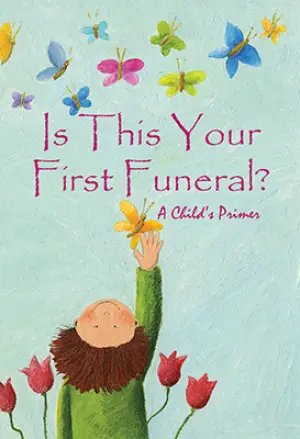A Journey of Hope: My Thoughts on Samira Ahmed’s Internment
When I first picked up Internment by Samira Ahmed, I was immediately struck by the haunting premise: a near-future America where Muslim Americans are forced into internment camps. As someone who’s always found storytelling to be a powerful means of exploring difficult truths, I was curious to see how Ahmed would navigate this terrain. Little did I know, I was about to embark on a heart-pounding journey through fear, resilience, and ultimately, hope.
The story follows Layla Amin, a 17-year-old girl whose world is shattered as she and her family are torn from their lives and thrust into an internment camp. This isn’t just a story about oppression; it’s a poignant exploration of identity and the resilience of the human spirit. Layla, fierce yet vulnerable, evolves throughout the narrative, drawing strength from her newfound friendships and her love for her boyfriend, who remains steadfast on the outside.
One of the most compelling aspects of Internment is its ability to resonate deeply with our current societal climate, making it both terrifying and urgent. Ahmed deftly illustrates the consequences of complacency and the importance of speaking out against injustice. The various characters, from allies to antagonists, are intricately layered, each representing different facets of society’s response to discrimination and fear. I found myself rooting for Layla and her friends as they rallied against the oppressive camp Director; their rebellion is a testament to the power of collective action.
Ahmed’s writing style is clear yet evocative, allowing readers to feel every heightened emotion. There were moments in the book that literally made my heart race, especially during pivotal scenes where Layla and her friends strategize against the guards. The pacing felt just right, with enough tension and release to keep me engaged throughout. I particularly appreciated her use of vivid imagery, especially when depicting the contrasts between the bleakness of the camp and the bursts of hope shared between characters.
One quote that stuck with me was, “Rebellions are built on hope.” This simple yet profound statement encapsulates the essence of the book and serves as a rallying cry for anyone feeling marginalized or oppressed. It reminded me that even in the darkest of times, the flicker of hope can spark a revolution.
As I closed the book, I felt a mix of inspiration and reflection. Internment is more than just a story; it’s a call to action. It’s for anyone who believes in justice, equality, and the importance of fighting against systemic oppression. I highly recommend this novel to young adults and anyone looking to understand the complexities of identity in today’s world. Samira Ahmed has crafted a compelling narrative that serves as both a cautionary tale and a beacon of hope, urging us all to rise, speak out, and refuse to accept silence in the face of injustice.
In every sense, Internment is a journey I won’t soon forget. If you’re searching for a thought-provoking read that challenges you to contemplate your role in society, look no further.






